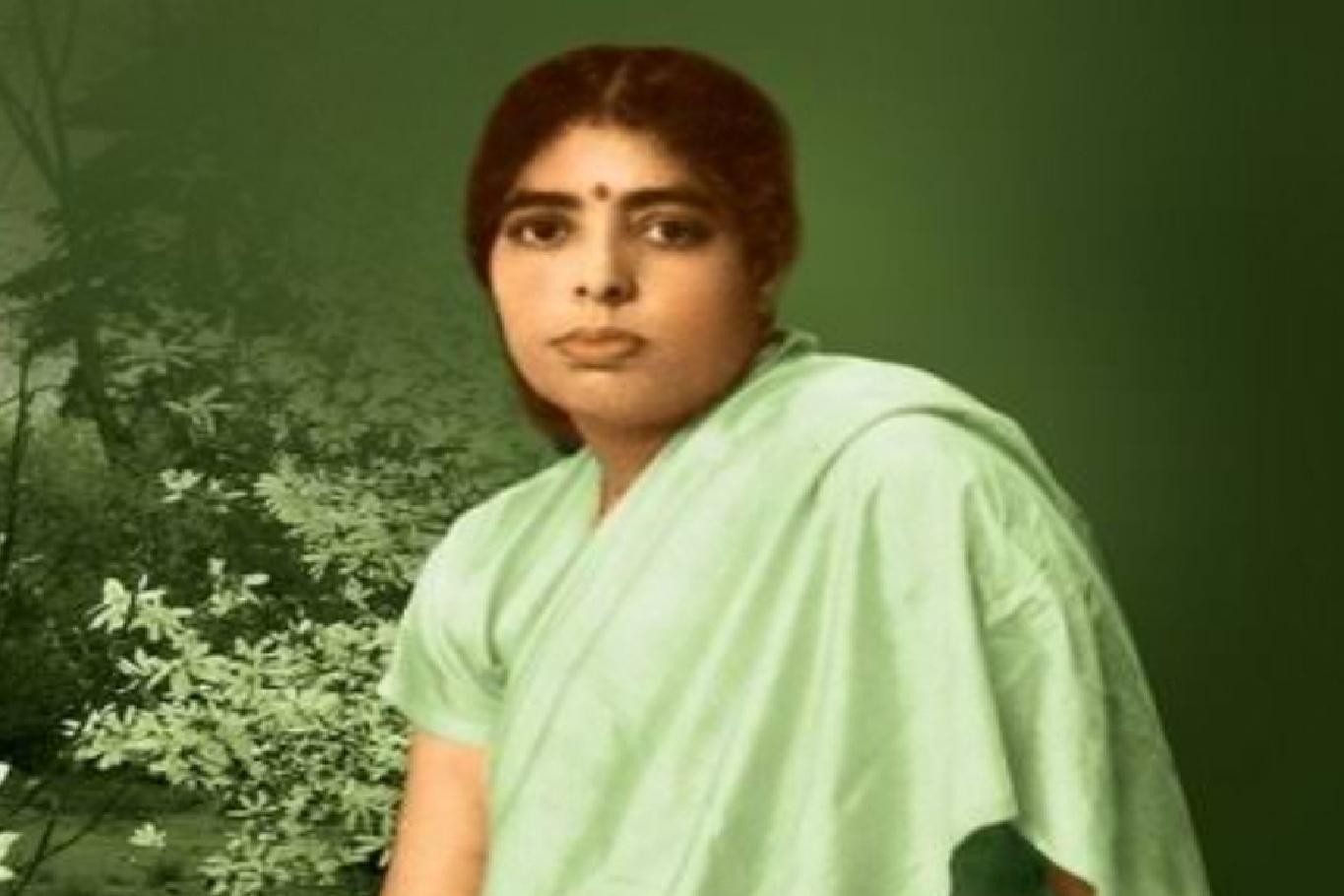
Unsung champions, often overlooked, play pivotal roles in shaping the world through their remarkable contributions and altruistic deeds. While renowned figures garner attention, it is these unsung heroes who silently drive change, progress, and compassion. Emerging across diverse domains, from local communities to global arenas, they leave lasting impressions on society, showcasing the profound impact individuals can have irrespective of recognition. This series aims to highlight India’s unsung heroes and heroines, celebrating their invaluable contributions.
EK Janaki Ammal exemplifies such unheralded heroism, embarking on a remarkable journey characterized by a profound love for botany, a steadfast dedication to preserving indigenous knowledge, and an indomitable spirit that reshaped India’s botanical landscape. Born in 1897 in Tellicherry, Kerala, amidst a family deeply rooted in nature and intellect, Janaki Ammal’s upbringing fostered a profound connection with the natural sciences, laying the foundation for her extraordinary path.
Amidst an era where societal norms favored arranged marriages for women, Janaki Ammal chose an unconventional path, dedicating her life to knowledge acquisition. She pursued higher education at esteemed institutions, defying societal barriers prevalent during a time when female literacy in India was alarmingly low. Her academic journey led her to Queen Mary’s College and Presidency College, where she cultivated her passion for botany, setting the stage for her illustrious career.
Janaki Ammal’s academic pursuits culminated in groundbreaking research on plant cytology during her tenure at the University of Michigan. Her expertise in breeding interspecific and intergeneric hybrids marked her as a pioneer in the field, earning her the distinction of becoming the first Indian woman to attain a doctorate in botany in the United States.
Returning to India, Janaki Ammal’s botanical prowess found expression at the Imperial Sugar Cane Institute in Coimbatore, where her efforts revolutionized India’s sugarcane production. Collaborating with institutions worldwide, she contributed significantly to botanical research, co-authoring seminal works and pioneering chromosomal surveys of forest trees.
Her dedication to preserving indigenous flora was exemplified in her involvement with the Save Silent Valley campaign, where she championed the conservation of native plants and ecosystems. Through her scientific expertise and advocacy, she played a pivotal role in halting destructive projects and safeguarding India’s natural heritage.
Janaki Ammal’s legacy continues to inspire, reflecting the transformative power of perseverance and passion. Her contributions serve as a testament to the profound impact individuals can wield, transcending recognition and leaving an enduring imprint on society.










